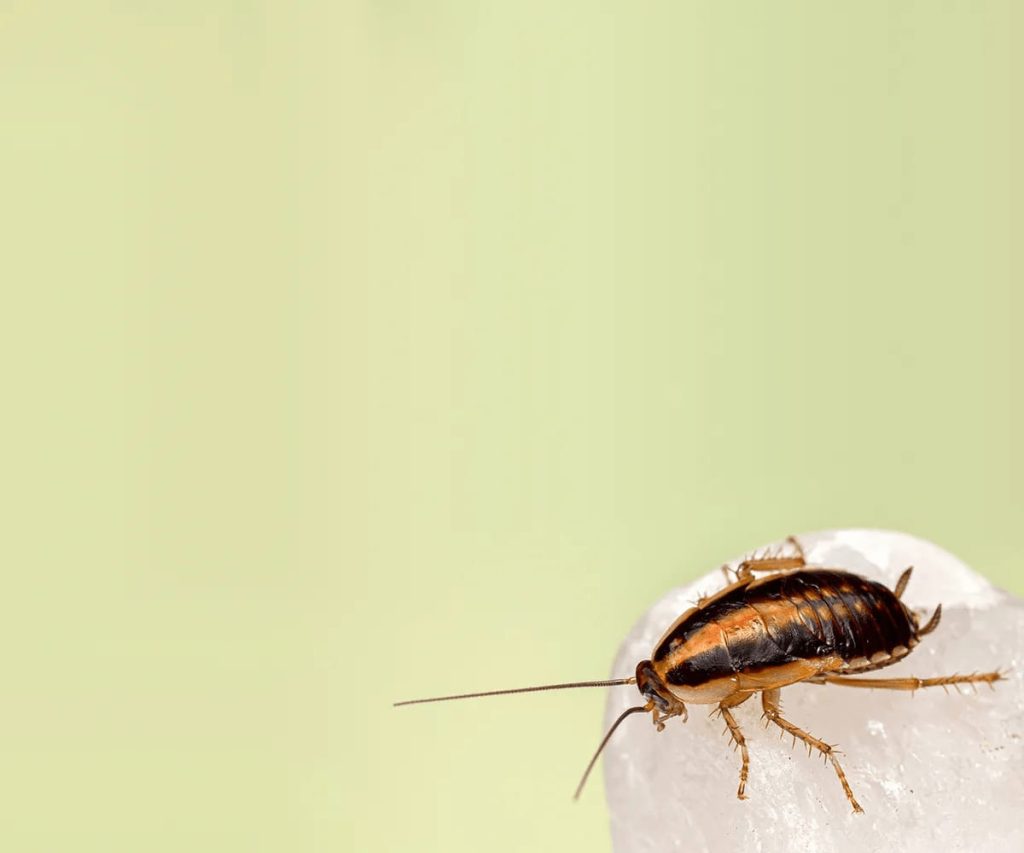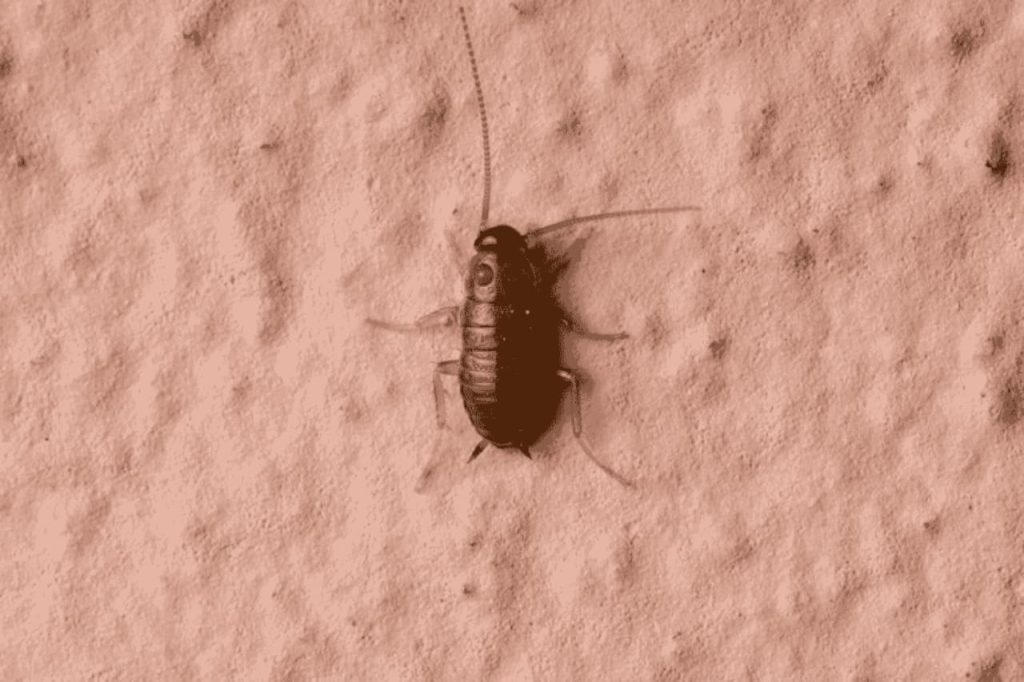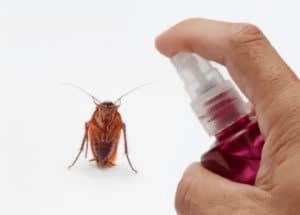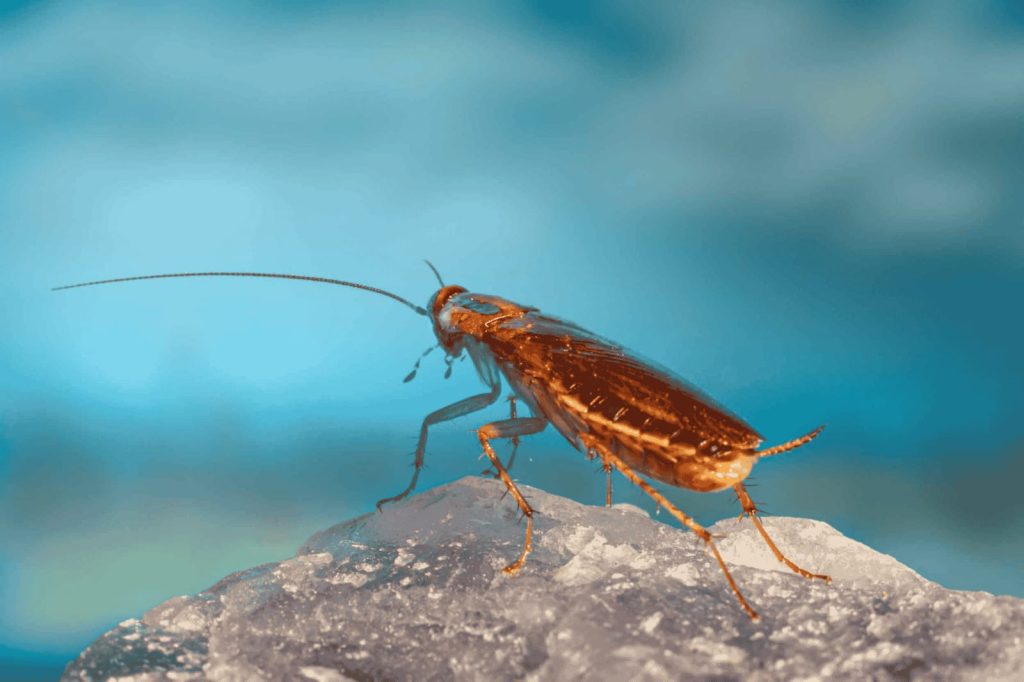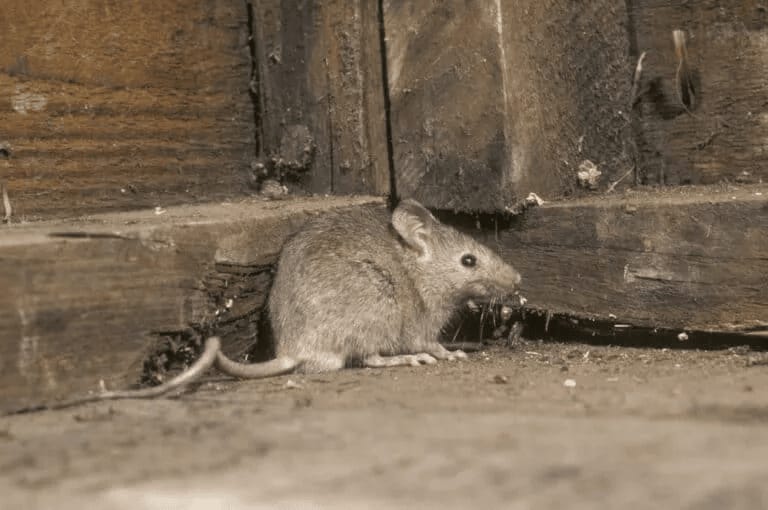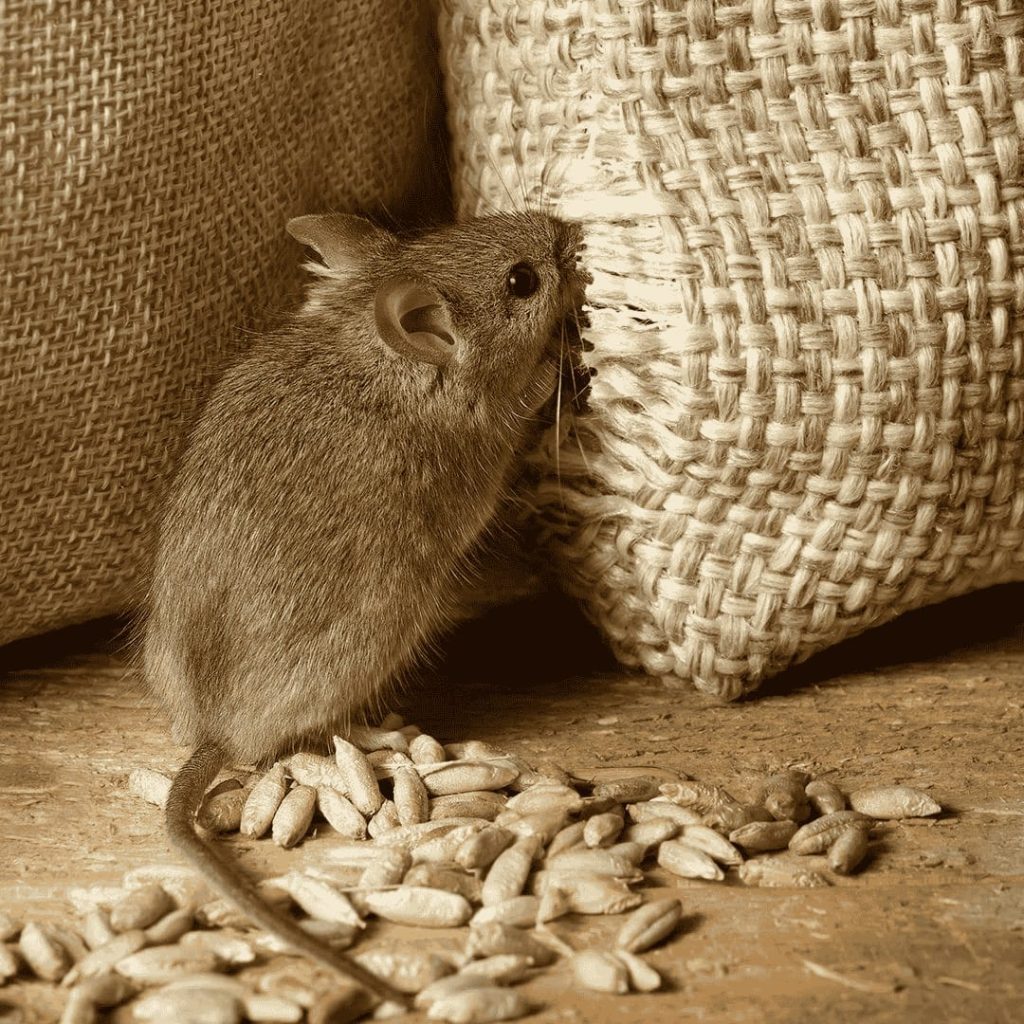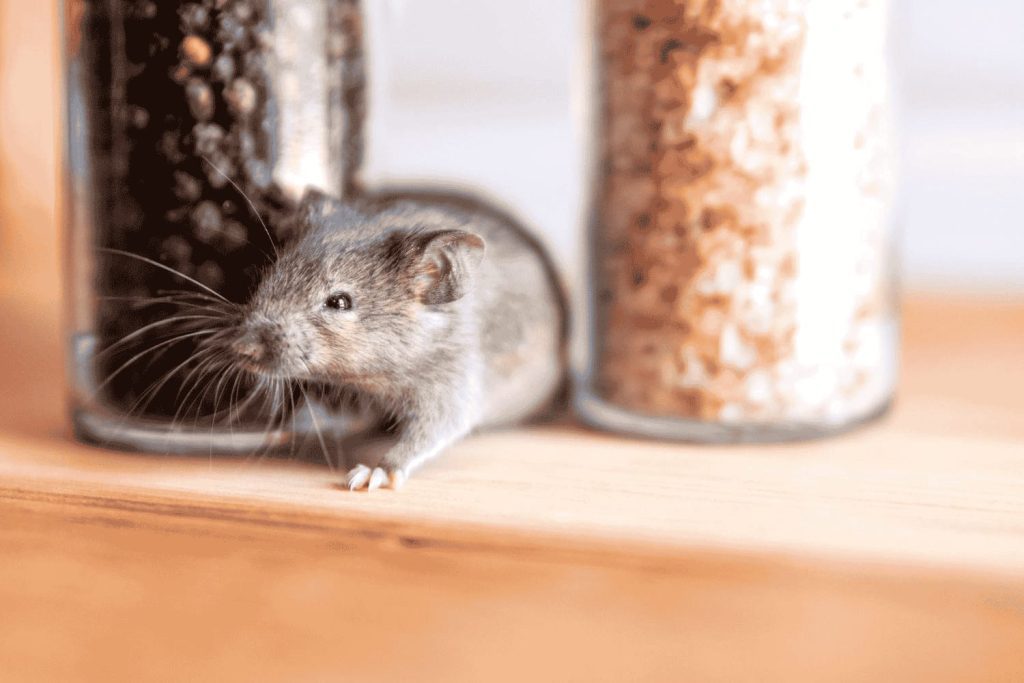Spiders eats in your home not only just food sources, they eat especially bugs, flies, and mosquitoes. A home full of insects, even tiny ones, is like a buffet. This is why certain types of spiders are often attracted to where people reside. The spider’s presence is a signal that you might already have pests you didn’t even know about. People lived in both the US and Canada, no matter where you are, spiders somehow find a way into your house. While many homeowners feel scared or blame their presence on poor cleaning, the truth is a bit more interesting. Spiders are opportunistic feeders.
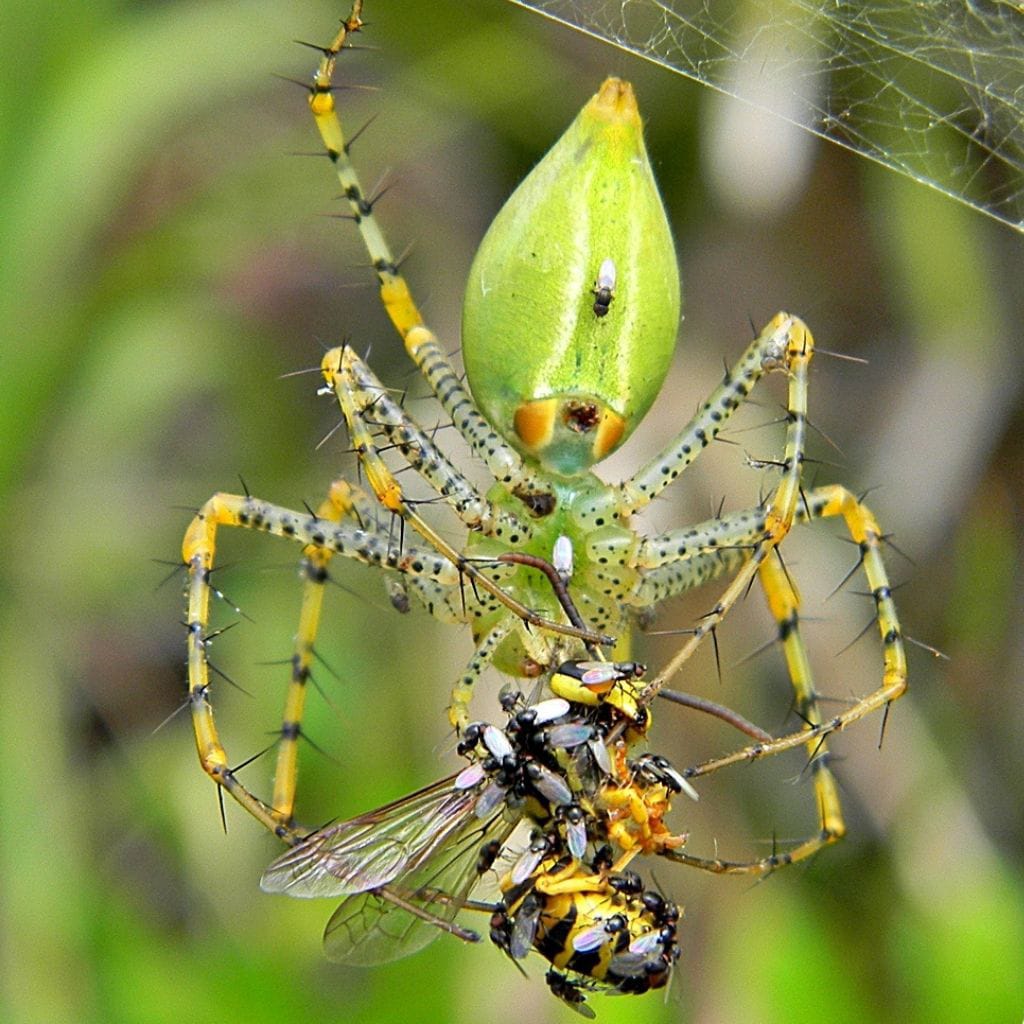
Spiders help control insect populations by feeding on pests like cockroaches, mosquitoes, fleas, and ants. Some even hunt larger prey, depending on the species. While some spin webs, others rely on speed and precision. Understanding their diet made me realize they’re natural pest controllers. Rather than fearing them, it’s better to reduce what attracts them their food.
What Do Spiders Eat- Answer
Spiders are predators, primarily feeding on insects and bugs. They catch their prey using webs, which act as traps for smaller creatures like flies and mosquitoes. While most spiders prefer these types of pests, some will also hunt other spiders or ants. In your home, the presence of spiders typically indicates that they’ve found a steady food supply in the form of small bugs.
Table of Contents
Should I Worry About Spiders in My House?
- Many of us might worry when we find a spider in our home. However, in most cases, spiders, such as the common house spider or daddy-long-legs, aren’t harmful to us. Most North American spiders are harmless to humans and are simply trying to survive. The common cellar spiders or jumping spiders are often seen spinning silk webs or hunting for their prey. These spiders may irritate people, but their bites rarely cause harm, especially if you are not threatened.
- Spiders like the brown recluses and black widows can be a cause for concern because they have venom that can harm humans, leading to skin damage in the case of a bite. But don’t worry, these spiders are not common in every home. Most spiders are busy hunting insects to eat and using their hunting techniques to stalk or leap to immobilize prey. Spiders primarily feed on insects and use their mouthpart appendages to hold their catch. They often feast on their prey several times a day, consuming protein and drinking water from moisture or water sources nearby. In essence, they are not after us but are simply part of the natural cycle, helping keep insect populations in check.
What Do Spiders Eat?
Spiders, often found near windows and doorways, are effective natural pest controllers. As carnivores, they prey on a wide range of insects like flies, mosquitoes, moths, ants, beetles, cockroaches, and more. Their presence indoors typically in undisturbed corners helps regulate pest populations and reduce disease spread. Collectively, spiders consume up to 800 million tons of insects annually. Some even target nectar and fruits, but their primary diet is meat. Managing waste and clutter is a key strategy to limit spider activity by cutting off their food source.
How to Prevent Spiders from Entering Your Home?
Eliminate Food Sources
To prevent spiders from invading your home, start by eliminating the food that attracts them. Insects and bugs that gather in areas like the kitchen, bathrooms, and basements are an easy meal for spiders. Crumbs, scraps, and even particles left behind from food can act as a buffet for these pests. By cleaning your pantry, cupboards, and recycling bins, you remove some of the key attractions.
Seal Entry Points
Spiders can enter through even the smallest cracks or holes in your foundation or siding. Check around windows, doors, and any potential entry points where bugs might slip inside. Sealing these openings helps prevent spiders from getting in. Pay attention to areas like crevices or damaged spots on wood that could make it easier for pests to break in.
Contact Professionals for Help
If you’ve tried basic prevention methods and still find yourself battling a spider infestation, it might be time to contact experts like Fix Pest. These professionals offer safe and effective methods for keeping spiders out of your home without resorting to harmful chemicals. You can also find botanical repellents and natural deterrents from brands like Earth Kind, which provide eco-friendly options to help reduce spider populations. Contact Us for Spider free home!
The Benefits of Prevention
By focusing on these strategies, you not only keep spiders out but also eliminate other pests from your home, creating a safer and cleaner living environment. Effective prevention can significantly reduce the likelihood of a dangerous or harmful infestation, protecting your home, family, and pets from potential risks.
FAQ’s
What eats spider the most?
Most common food spider eats little insects, ants, flies, beetles and moths. Also when there is no food find they eat each other’s.
What do spiders need to stay alive?
They need only food, shelter and water for live. They survive indoors and outdoors both places.
Do spiders eat sugar?
Yes, spiders eat sugars like they create web near honey and also eat some sugary materials.
What do spiders drink?
Spiders drink water if needed, otherwise the absorb moisture from air.

